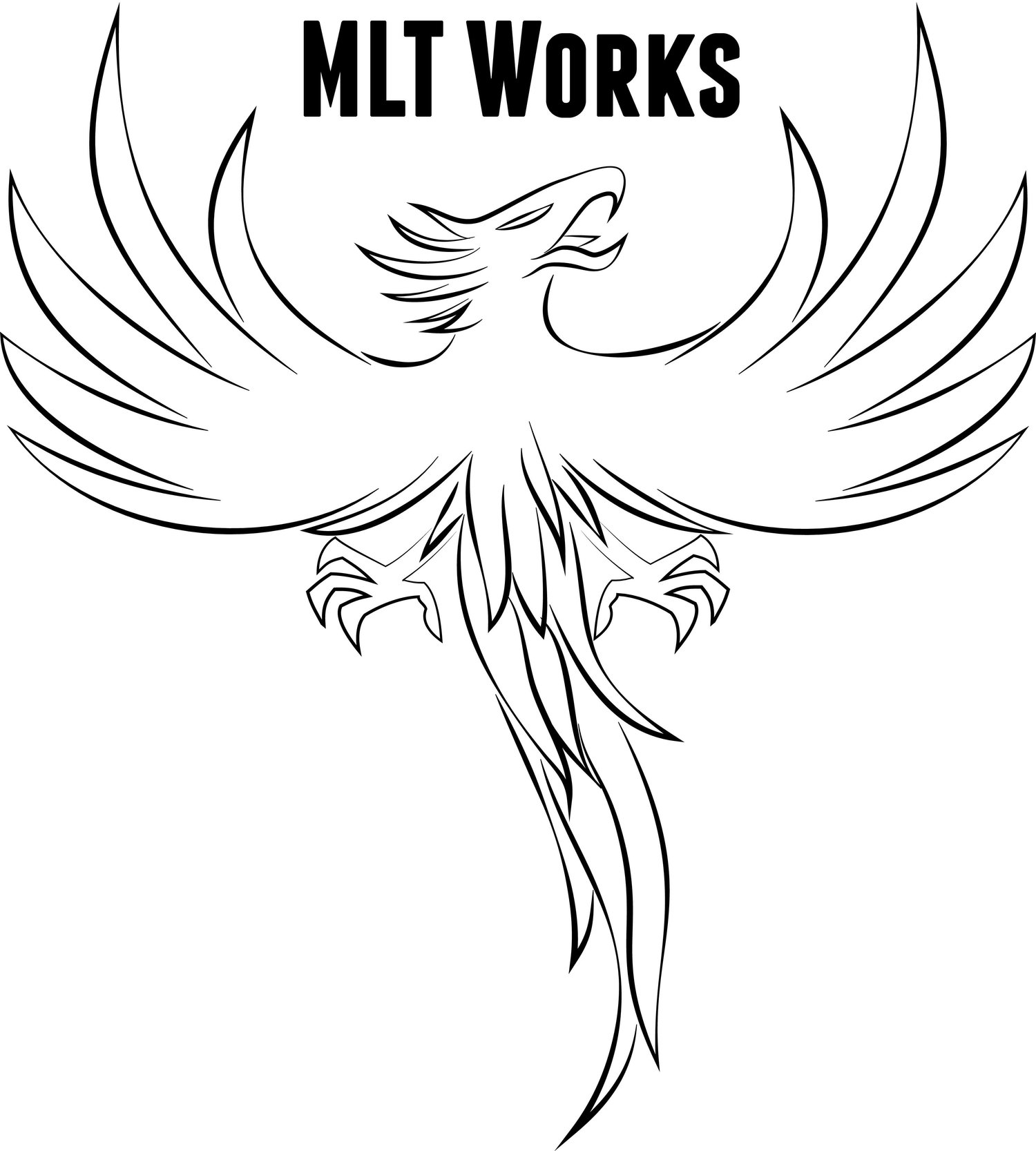A Response to Persepolis
I recently read through the graphic novel Persepolis by Marjane Satrapi. The book is a coming-of-age novel about an Iranian girl growing up in the midst of war and revolution.
One of the things that drew my attention immediately was the struggle with faith that takes place. In the beginning, Marjane is a young girl in the beginning, and several of the frames show her talking to God, but as she grows older and experiences the terrible realities of war, her faith waivers and the frames with her talking to God diminish until they don't show up at all. This is a pretty common idea in these coming-of-age stories, especially ones that deal with war. It reminded me of Night by Elie Wiesel and the struggle of the Jewish people's faith in a benevolent God as they experienced the horrors of the Holocaust.
Marjane’s eyes are opened.
The maturity arc in the story is also one that I enjoyed. In the beginning, young Marjane is a lot like many young children. She runs around imitating her parents’ protests and mimicking their political ideals. It's not until one particular incident when she is threatened because of her rebellious attitude that she starts to become wise to the real dangers that exist in her country. She starts to develop her own views. In this way, both her faith and her political views become her own, rather than just her parents’.
As Marjane grows into a teenager, she begins to have that desire to fit in with others. One of the most powerful images that stuck with me was when she begins to deny her heritage because of what she fears others will think about it. She’s embarrassed to be Iranian and does everything she can to not look that way. She eventually comes to the realization that she is proud of who she is and is ashamed of the way she acted. This is such a powerful thematic statement: you should be proud of who you are, not who you think others want you to be.
Overall, even though the story is set in a context that most people are probably not familiar with, it's a very relatable story. The themes of faith, self-doubt, and identity are ones that we all go through in life, so it's really easy to connect with her as a character.

